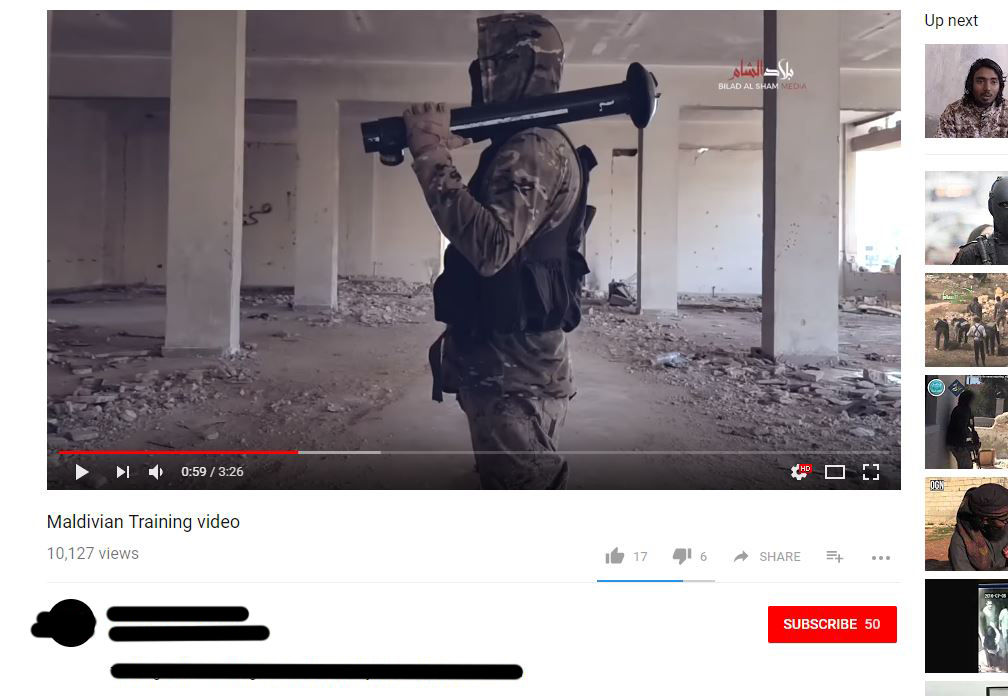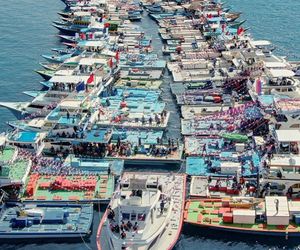Social media a ‘threat to national security’
Extremist content is still available online despite government pledges to stamp it out.

27 May 2018, 9:00 AM
“Irreligious” discourse on social media and the politicisation of religious extremism is a threat to national security, the defence minister has said.
Defence Minister Adam Shareef blamed social media for playing “the most prominent role” in aggravating social issues in the Maldives.
A conversation that threatens national security has started on social media, he was reported as saying, and social media was being used to spread irreligious and extremist narratives.
“We know there is the problem of religious fundamentalism in the Maldives, but we are not a country selling concubines,” he told a graduation ceremony at Clique College on Tuesday, referring to former president Mohamed Nasheed’s claims that Maldivians had been sold as concubines in the Syrian war.
Become a member
Get full access to our archive and personalise your experience.
Already a member?
Discussion
No comments yet. Be the first to share your thoughts!
No comments yet. Be the first to join the conversation!
Join the Conversation
Sign in to share your thoughts under an alias and take part in the discussion. Independent journalism thrives on open, respectful debate — your voice matters.




